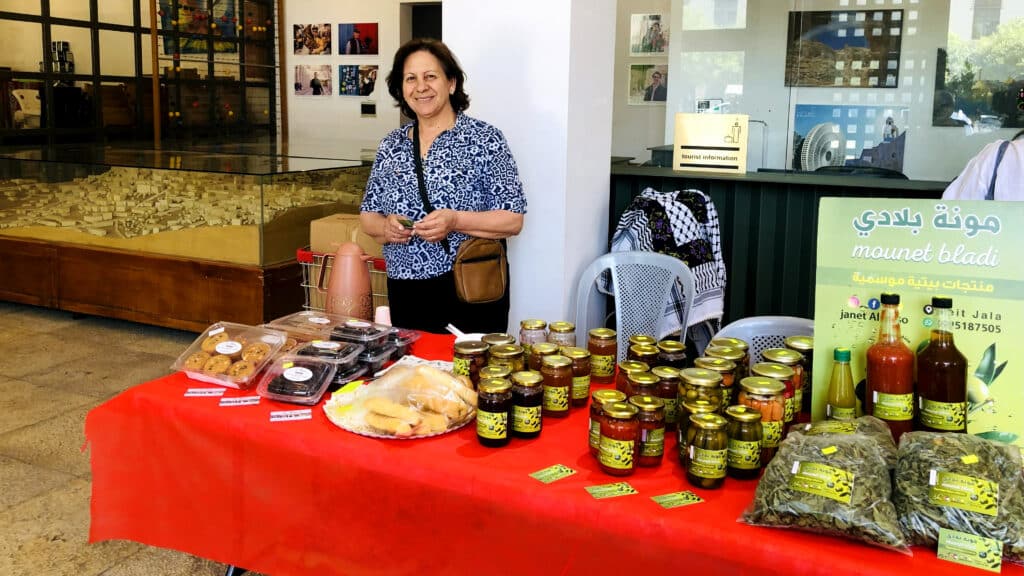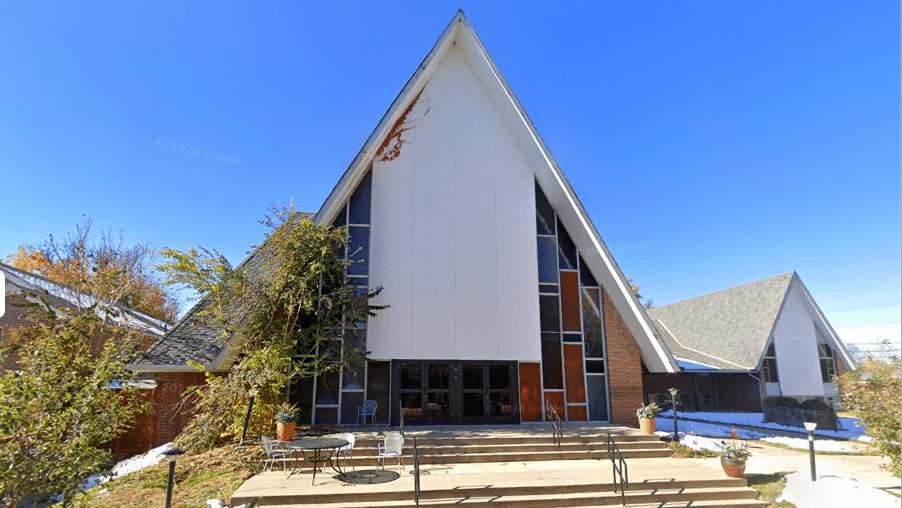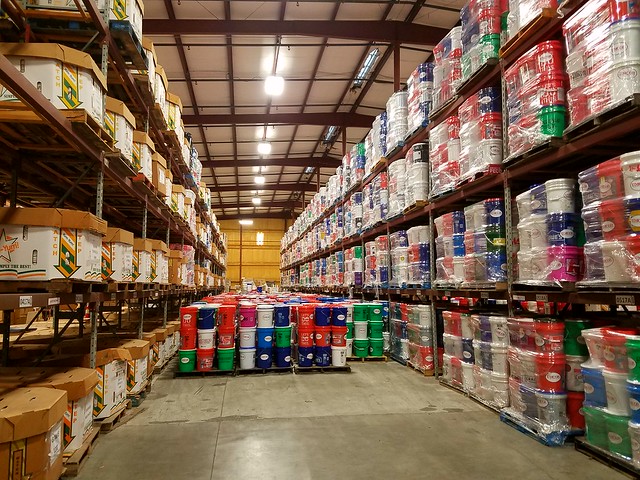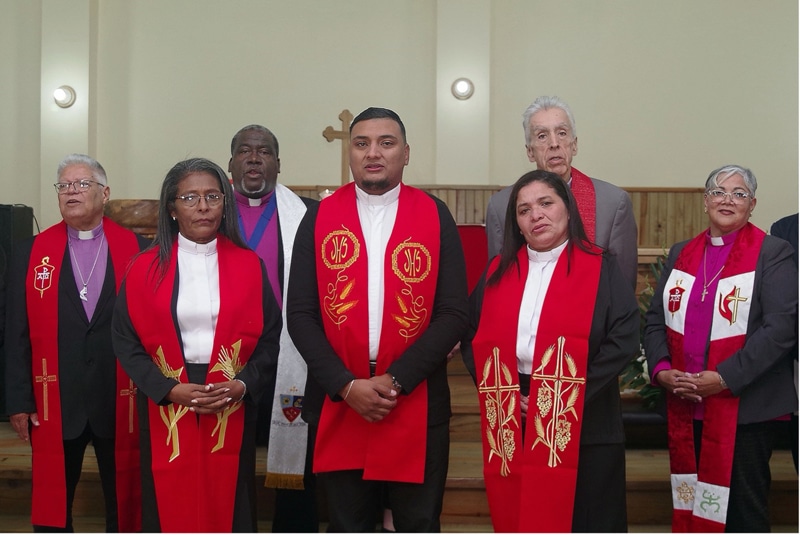ATLANTA – “I found my true passion in traditional food manufacturing,” Janet Jabra El Masou explained when asked about her participation in “Sustaining the Slow Food Ecosystem and Empowering Women in Bethlehem and Hebron” project. A mother of six with a husband who is unable to work, El Masou has used what she learned from the project to set up her own food business. “I wanted to preserve the taste and aroma of the food our mothers and grandmothers made, capturing the culinary history we cherish.”
The current political situation in the Palestinian territories significantly deteriorated during the two-year war, particularly in the Gaza Strip, and with repercussions in the West Bank and other Palestinian communities. This has had severe economic consequences, leading to a 6% decline in Palestine’s gross domestic product in 2023, amounting to an estimated $1 billion loss. The loss of income has greatly affected Palestinians ability to buy food, even when it is available. Their movements outside their local areas are also greatly restricted.
The project, created by the Rural Women’s Development Society (RWDS), a Palestinian nongovernmental organization working in the occupied West Bank and Gaza Strip, addresses a need expressed by Palestinian women for a national strategy to preserve traditional products, promote their nutritional value and maintain a Palestinian national heritage. Founded in 1987, RWDS has a strong and respected grassroots presence in rural communities. Its members number more than 3,000 in a network of 58 women’s clubs.
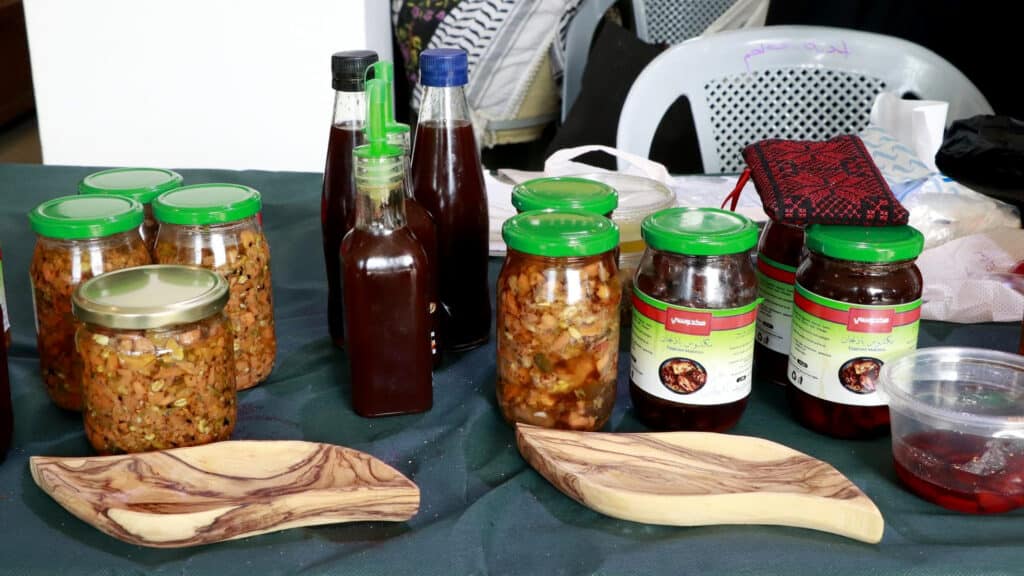
To address these challenges, RWDS and the Bethlehem municipality are creating a thriving local food ecosystem that aligns with the principles of Slow Food. This involves preserving culinary traditions and enhancing the overall food culture in Bethlehem, based on the increasing demand for healthy household products that focus on Slow Foods.
Cooking food the “slow” way
The international Slow Food movement promotes local food and traditional cooking, urging communities to remain true to their local cuisines. In many places, this local culinary and traditional knowledge is being lost. The RWDS project reacquaints women with the traditional foods that define their Palestinian heritage using foods that grow locally, as their ancestors did, suited to the Middle Eastern climate.
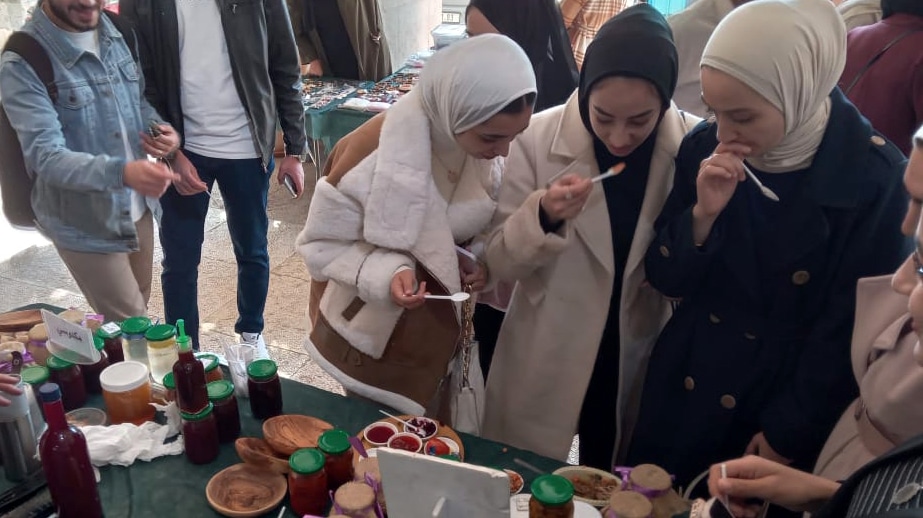
As part of this grant, the RWDS team collaborated with the Bethlehem municipality to create a Slow Food Community in the Bethlehem Governorate (a local municipality under Palestinian governance). This community includes farmers and individuals interested in slow food. It will serve as a focus group for training in sustainable agriculture and will promote the concept of slow food, teaching it to farmers throughout the region.
Though there is interest among older generations in preserving this way of life, there is also keen interest in younger generations who have not yet gained the knowledge and skills to practice their culinary traditions. Women trained by the project teach some of the basic methods to students in Palestinian schools, which raises awareness and encourages further exploration. The taste testing at the end of class is also a big hit.
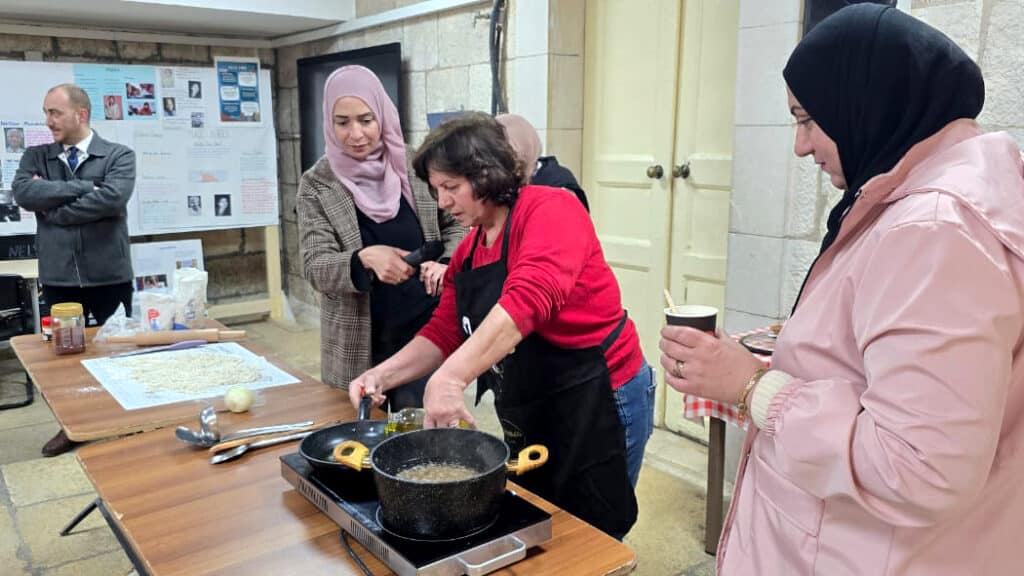
El Masou had the opportunity to participate in the Al-Quds School’s Slow Food Program. “One of the most joyful experiences for me,” she confirmed. “We shared traditional reshta (noodle) and lentil dishes. The interaction with students and teachers was wonderful. I hope these activities and programs continue, as they positively impact the community by introducing the new generation to our heritage and traditional foods, helping to prevent them from fading away.”
Partnering with schools proved effective in engaging the younger generation. Dr. Rulla Sarras, director of Funding and Development for RWDS, said, “Students showed enthusiasm when exposed to traditional cooking and slow food principles, indicating that early education can cultivate long-term cultural appreciation and responsible consumption habits.”
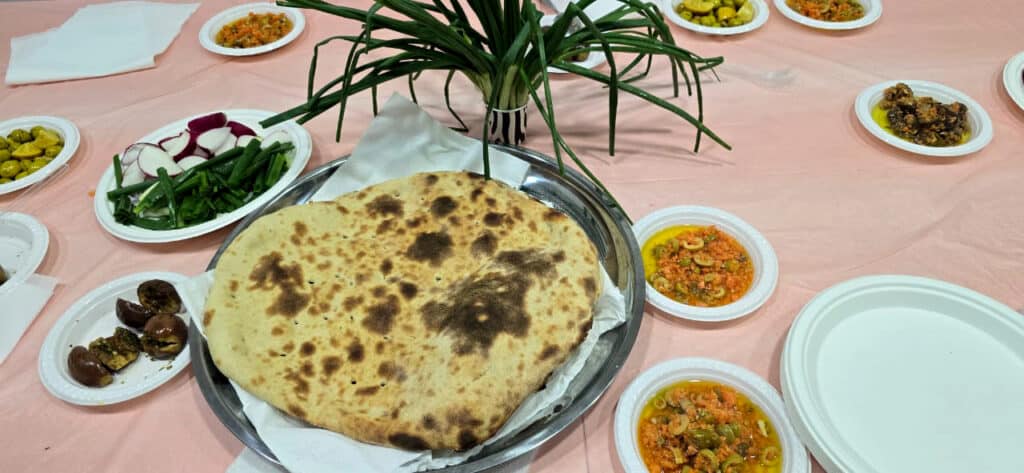
Creating jobs and fostering self-determination
After cooking classes and business training, the next step for women is to market what they make. This program centers on slow food, but traditional crafts and cloth-making also make their way to market. RWDS partners with several markets in the West Bank, many of which are favorite spots for shopping and gathering.
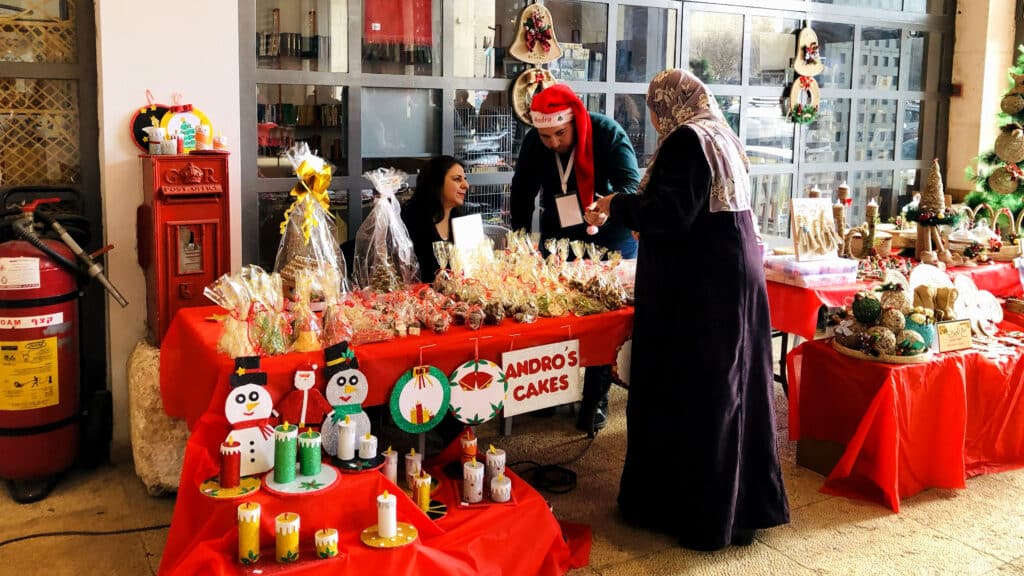
Souk Nabe’ Al-Khairat is a well-known market in the Bethlehem Governorate, recognized for its high-quality homemade products. The market’s management and participating women have established strong relationships with various institutions, leading to many organizations hosting marketing days and festivals in collaboration with RWDS. There is increasing interest in participation from both institutions and the local community. Other participating markets include the Peace Center, the Catholic Action Foundation, Nicholas Youth and the St. Alphonsine Garden bazaar.
The women’s ability to gain income through selling what they make is a chance at renewing their lives, supporting their families and providing health care in addition to nutritious food.
“The motivation to start this project came from the difficult economic conditions we face,” El Masou said. Her youngest son lives with a disability that limits his independence. “I aimed to generate some income to help meet the daily and medical needs of my youngest son.”
“I began my project on my own, and my first experience was through the Peace Center, where I connected with the Rural Women’s Development Society. Their support and encouragement, along with my participation in Souk Nabe’ Al-Khairat, were crucial for the continuation of my project. They provided me with an electric oven and the materials I needed, and they introduced me to other inspiring women’s projects.”
“Successfully reviving the tradition of Slow Food requires active involvement from the community,” Sarras reiterated. “Engaging residents through market events and school partnerships has shown that people are eager to participate in cultural initiatives that celebrate their heritage.”
Christie R. House is a consultant writer and editor with Global Ministries and UMCOR.
World Food Day
Oct. 16 is World Food Day: Hand-in-Hand for better food and a better future for everyone. View a short film on World Food Day that also talks about the importance of producing food in local communities.
Consider a gift to the World Hunger and Poverty Advance, which helps to fund projects like the Rural Women’s Development Society in the West Bank and Gaza and other places where food insecurity in acute.
